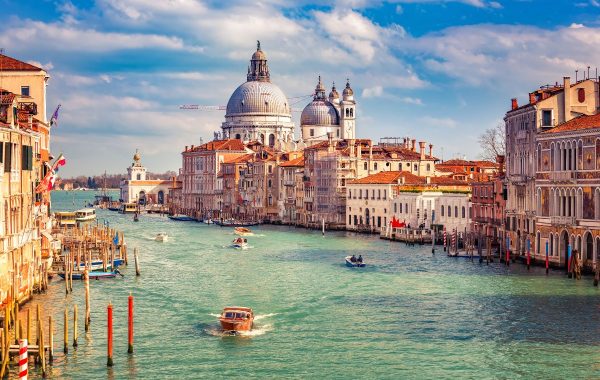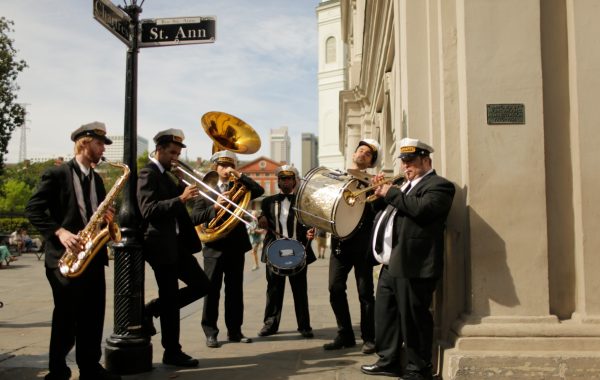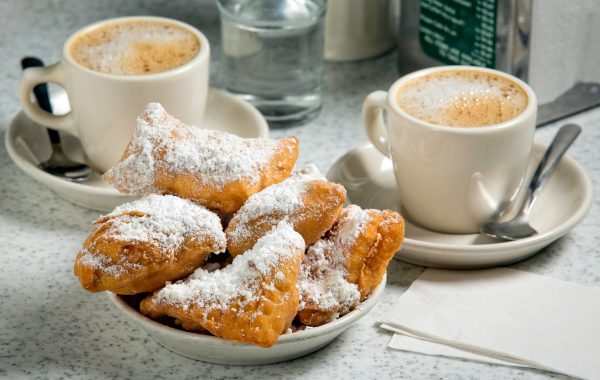Indulge in Rome’s finest gelato with our guide to the best spots for authentic, creamy delights in the heart of Italy’s capital
The history of gelato in Italy is a fascinating journey that dates back to ancient times, evolving significantly over the centuries to become a cherished symbol of Italian culinary tradition. The origins of gelato can be traced to the ancient Romans and Egyptians, who enjoyed frozen desserts made from shaved ice brought down from mountain tops, mixed with fruit juices. However, it was during the Italian Renaissance, that the tradition of gelato began to flourish in Italy. The Medici family sponsored a competition in Florence to find the best-frozen dessert. One participant, Cosimo Ruggeri, an alchemist, created an early version of gelato called egg cream gelato. His creation was highly praised by figures such as Francesco Redi and Lorenzo Magalotti. At the time, gelato was a novelty and not available to the public, being reserved for wealthy families due to the high cost of ice and salt.
Must Read: 24 Hours in Italy’s Eternal City: Rome | Travel & Food Guide
In the late 1500s, the Medici family commissioned Bernardo Buontalenti, a renowned artist and architect with culinary skills, to prepare a feast for the visiting King of Spain. Buontalenti created a stunning display, but the highlight was his creamy frozen dessert, which we now recognize as gelato. However, it remained exclusive and was not widely known because it was not accessible to the general public.
The first publicly available gelato came in 1686, thanks to Sicilian Francesco Procopio Cutò. He opened a cafe called Café Le Procope in Paris, introducing gelato to the public. This move helped popularize gelato across Europe for the first time. Café Le Procope quickly became a popular spot for luxurious desserts, offering exotic coffees, chocolates, and more refined gelato.
In the 20th century, the gelato cone was introduced, becoming a standard in commercial gelato production. Around 1904, Emery Thompson invented the first automatic ice cream machine, significantly impacting the American frozen dessert market.
Meanwhile, Bruto Carpigiani from Bologna was developing a new gelato machine to improve the efficiency and cleanliness of gelato production. Today, Carpigiani is a leading manufacturer of gelato machines worldwide.
By the 1950s, gelato had become a flagship dessert of Italy, solidifying its place in the country’s culinary tradition.
Today, Italy boasts thousands of gelaterias, each offering a variety of flavors that range from traditional vanilla and chocolate to innovative combinations featuring local ingredients like pistachio from Sicily and hazelnuts from Piedmont. The artisanal gelato-making process remains a point of pride in Italy, with many gelaterias continuing to use age-old methods and natural ingredients. This dedication to quality and tradition ensures that gelato remains an integral part of Italian culture and a beloved treat for both locals and tourists alike.
Also Read: How To Spend 24 Hours In Venice, Italy: The Ultimate One Day Itinerary
Where To Get The Best Gelato In Rome
On warm evenings, Rome’s locals stroll the cobblestoned streets, cones and cups in hand. However you eat it, gelato means Italian tradition—one that differs from industrial, mass-produced ice cream. Gelato contains less butter-fat and less air and comes 10 degrees warmer.
About 2,000 gelaterias exist in Rome. Most use additives, thickeners, and synthetic flavourings—yes, even those that call themselves artigianale (artisanal). To gauge a gelato’s quality, ask to see the list of ingredients, says Claudio Torcè, the mastermind behind one of the city’s best gelaterias. “Count how many additives there are. Because true gelato doesn’t have a single one.”
First on our list is Fassi Gelateria, a true Roman classic. While many popular spots have become touristy, Fassi has stayed true to its roots since 1880. Known for its authentic gelato, cakes, and semifreddi, this traditional gem continues to attract both locals and visitors. Whether you opt for a cone, a Sicilian-style brioche filled with gelato, or the unique sanpietrini—an ice cream treat shaped like the cobblestones outside—Fassi offers a genuine taste of Rome.
Torcè’s Il Gelato features creative concoctions like black sesame and chilli-and-chocolate. Torcè has four locations across Rome, making it easy to find one as you explore the city.
Natives also flock to Fatamorgana, that boasts nine locations throughout Rome. Some of the must-try flavors include: Thought (a blend of pink grapefruit, ginger, horseradish, and lemon zest), avocado with lime and white wine, punch (a mix of strawberry, white wine, and lemon), Panacea (a combination of almond milk, fresh mint, and ginseng), and Pollicina (featuring walnuts, rose petals, and violet flowers).
For molto rich gelato, head to Come il Latte, whose name (“like milk”) says it all—fresh cream accounts for two-thirds of each scoop. Top off your Sicilian pistachio with melted chocolate or whipped panna (cream) flavoured with zabaglione, a local sweet. Flavors you shouldn’t miss include salted caramel, mascarpone with Gentilini cookies, ricotta with caramelized figs, and hazelnut.
For latest travel news and updates, food and drink journeys, restaurant features, and more, like us on Facebook or follow us on Instagram. Read more on Travel and Food Network
Trending on TFN
A Spanish Odyssey: Trafalgar’s Unparalleled Best of Spain Itinerary
Imperial Splendors: Trafalgar’s 10-Day Sojourn in Prague, Vienna, and Budapest




















